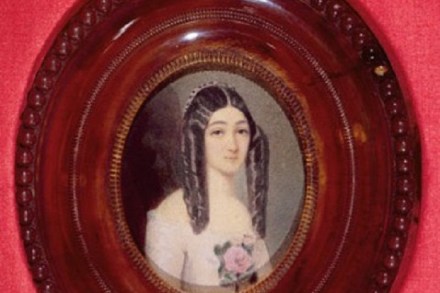My views on breast-feeding in public are politically indecent
The Daily Mail has got itself into a bit of a lather over a “young mum” who was asked not to breast feed her baby at a swimming pool in Ashford, Kent. The story is here. As you can see, she apparently got her fecund baps out in the pool itself, before being censured by the pool manager. I think I’m sort of with the pool authorities on this, which perhaps just underlines my lack of modernity and general reactionary nature. Truth be told, I’m not terribly happy about seeing an infant breastfed in a café either. But I suppose the women are right when they reply well, we don’t



















